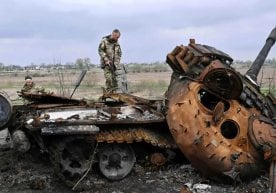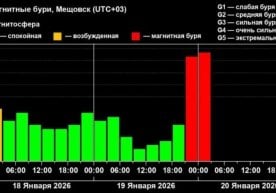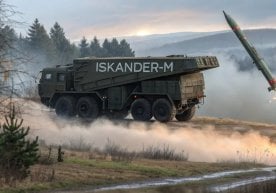Does the nuclear threat also threaten Central Asia? Scientist’s opinion
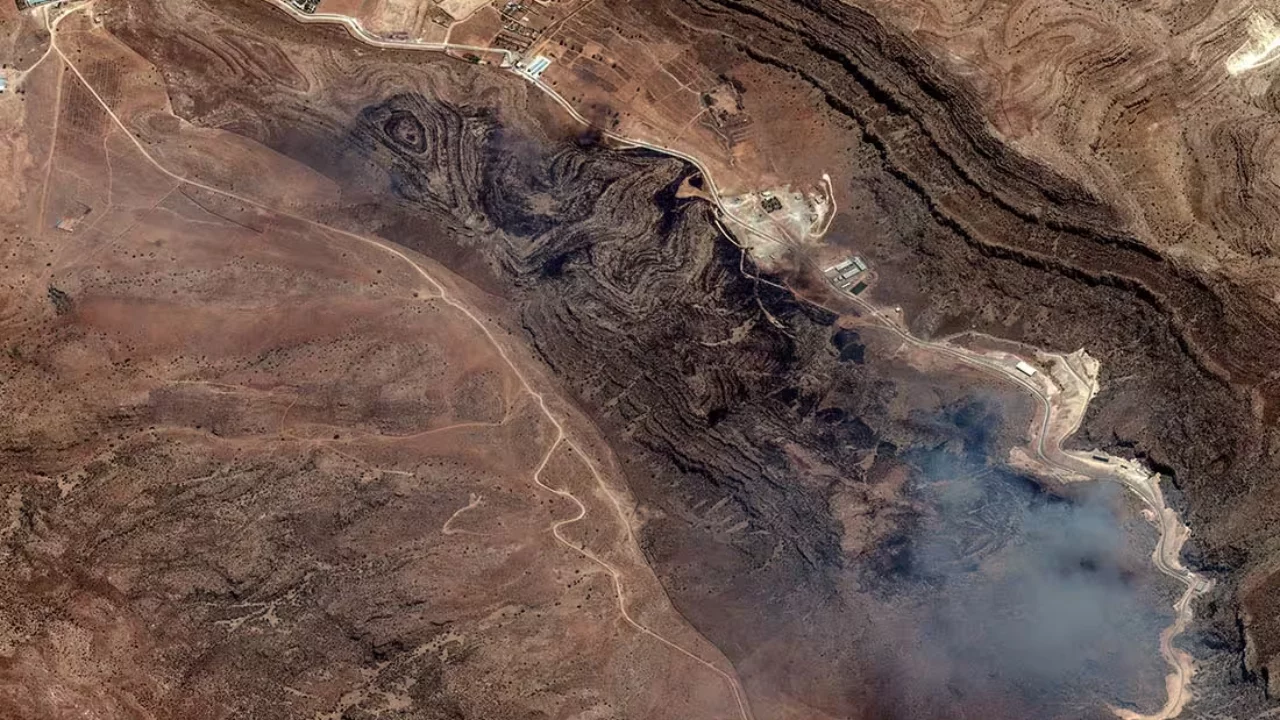
Geopolitical tensions in the Middle East, especially the attacks on nuclear facilities between Iran and Israel, pose a serious threat not only to regional, but also to global security. Against this background, one of the most important questions worrying the population of Central Asia, particularly Uzbekistan, is: “Will the consequences of a nuclear catastrophe also affect us?”
This question was answered by climate scientist Erkin Abdullakhotov. According to him, there is indeed a radiation risk as a result of strikes on nuclear facilities. In particular, if missiles or bombs hit Iran’s Fordow, Natanz, and Isfahan nuclear complexes, under certain weather conditions, a flow of radioactive radiation could also reach our region, i.e. Uzbekistan.
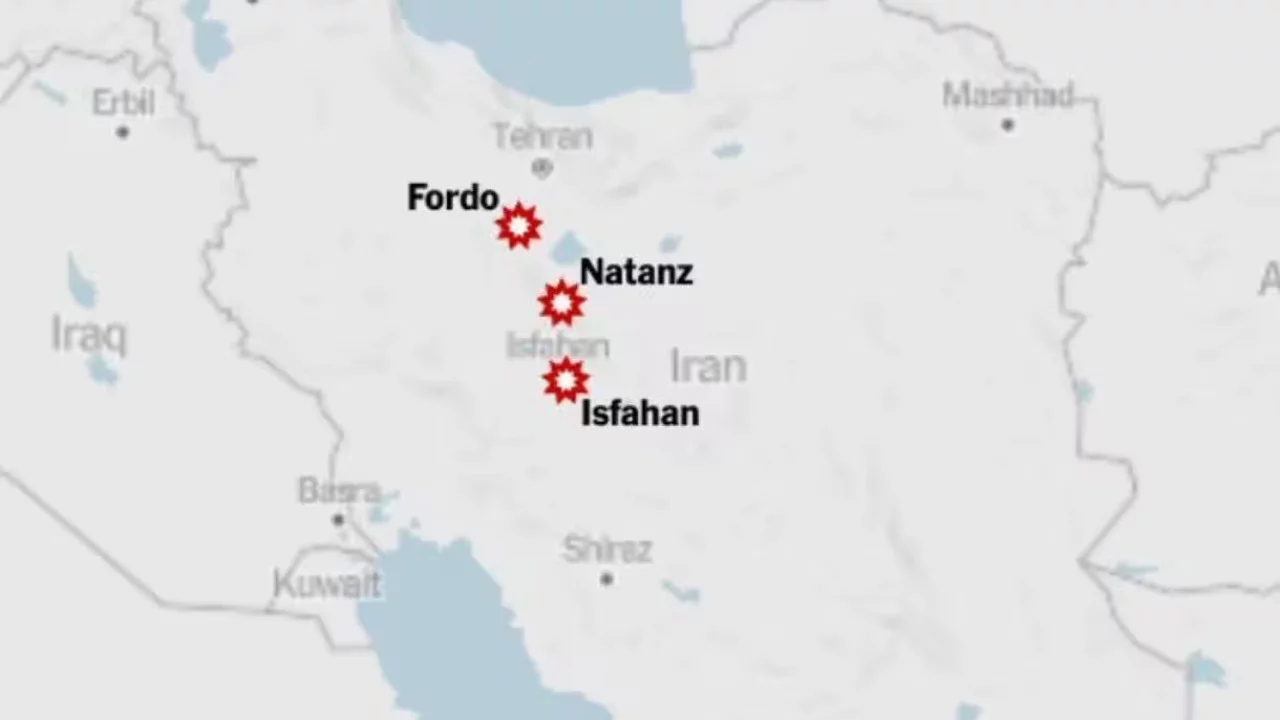
According to Abdullakhotov, Uzbekistan’s weather structure and atmospheric synoptic processes affect the seriousness of this threat. He says that in 2 or 3 of the 15 types of synoptic processes that enter and develop in Uzbekistan, radioactive radiation flows can reach our country from Iran without obstacles. These processes mainly occur in the summer — during thermal depression and low-pressure atmospheric conditions. Specifically, the 11th and 13th types of synoptic processes prevail in Central Asia in summer and can easily bring in external flows.
The climatologist emphasizes that, although these probabilities are theoretical, currently data from satellites and modern atmospheric monitoring show that there has been no increase in radiation levels around Iranian nuclear facilities. At the same time, international nuclear organizations — in particular, IAEA chief Rafael Grossi — also reported that after the nuclear attacks on Natanz and Isfahan, neither radioactive nor chemical contamination was detected, and the level of radioactivity in the environment is normal.
At the same time, experts stress the need for constant monitoring due to geopolitical risks. Indeed, any radioactive emission or explosion can cause major problems not only for one country, but for the entire regional ecosystem.
As a final conclusion: at present, there is no serious radiation threat to Central Asia and Uzbekistan as a result of conflicts around nuclear facilities. However, depending on weather and synoptic processes, this risk certainly cannot be ruled out. From time to time, it remains one of the most urgent tasks for specialists, climatologists, and international experts to provide the population with complete and accurate information. Read “Zamin” on Telegram!
Ctrl
Enter
Found a mistake?
Select the phrase and press Ctrl+Enter 
















